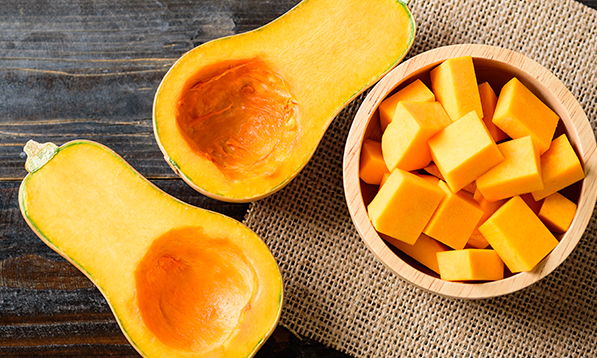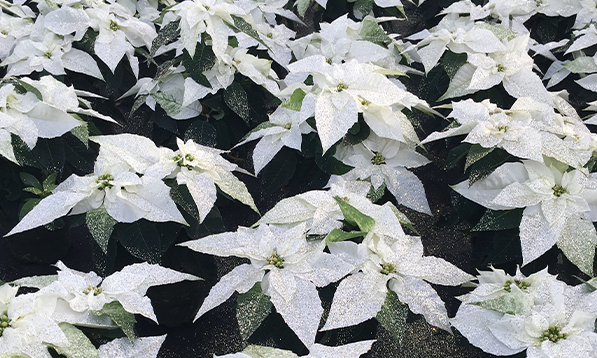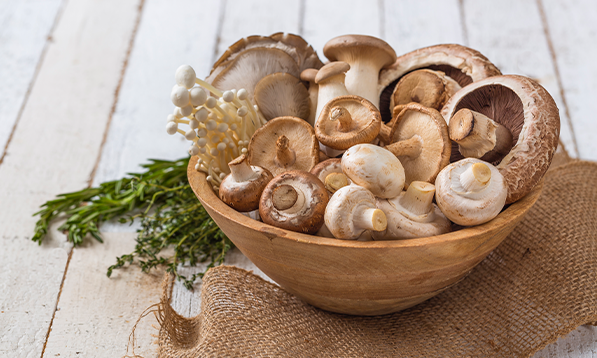
Incredible mushrooms: learn about BC’s local mushroom farms!
November 18, 2020
What local food is available fresh year-round, and offers many of the benefits of veggies, beans, grains...and meats? It’s time to get to know BC mushrooms!
Mushrooms are edible fungi. There are thousands of species of fungi in the world, but only about 2,000 of those species are edible. In Canada, the most popular mushroom varieties we grow include White Button mushrooms, along with Cremini and Portobello mushrooms. Specialty varieties like Shiitake, Oyster, King Oyster, and Enoki mushrooms are also grown locally. Mushrooms are popular for a reason: they add umami flavour to any dish, and they are packed with nutrients. These nutrition powerhouses contain fibre, vitamin B, essential minerals, and immunity supporting antioxidants like selenium. Famously, they are the only source of vitamin D that you can find in the produce section of your grocery store.
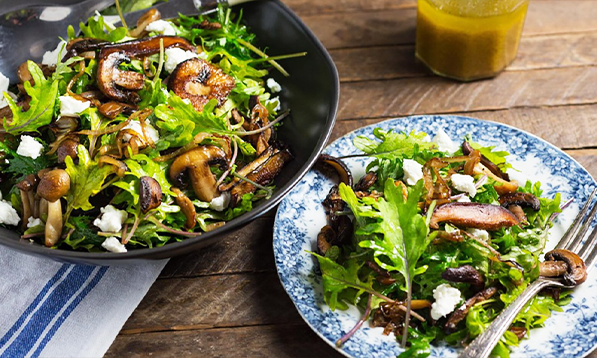
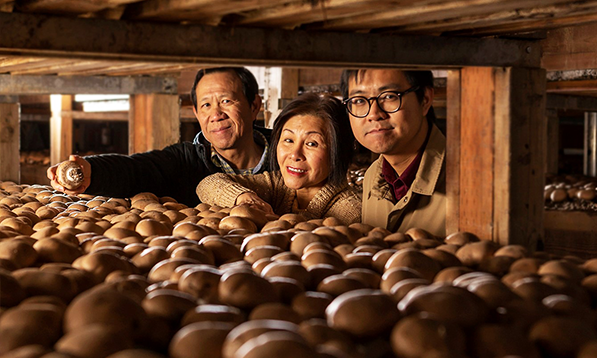
So how are these magnificent mushrooms grown? There are only a few commercial mushroom farms in BC, all located in the Lower Mainland. Mushrooms are grown indoors in a compost medium and it takes about 30 days for them to be ready for harvest. And because they are not light-dependent, mushrooms are grown 24/7/365, doubling in size every day! They are available in grocery stores every day of the year, even in the winter months. Nearly every fresh mushroom you buy in your local stores are from a farm near you.
Each mushroom is harvested by hand, by skilled employees. Mushroom farms hire mushroom harvesters who ensure that each mushroom picked meets rigorous quality and food safety standards so that BC consumers have access to the highest quality and freshest mushrooms available. Mushroom farms are proud of their workforce and support many activities to help their staff through their Mushroom Fair Labour Recruitment Pilot, that provides training and helps farms find more employees.
Besides being a delicious year-round food source, mushroom farms play an important role in reducing carbon by working with local livestock and poultry farmers.
Besides being a delicious year-round food source, mushroom farms play an important role in reducing carbon by working with local livestock and poultry farmers! Mushrooms require compost to grow and that compost is made from carbon sources like straw and animal manure. Using agricultural by-products from livestock and poultry farms, mushroom compost undergoes an aerobic compost process that also includes pasteurization, which produces the medium that mushrooms are grown in. Once the growing cycle is done, a product called spent mushroom substrate is left. It can be used by other farmers or purchased at garden centres as a great option for adding organic matter to the soil. BC mushrooms are a great example of recycling natural resources to reduce our environmental impact.
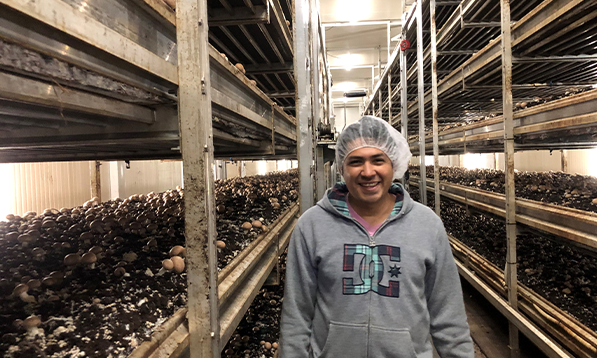
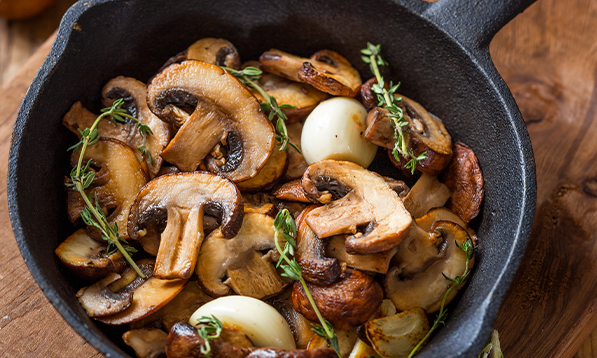
To take proper care of your mushrooms, store them loose in a paper bag in your fridge to allow them to breathe. Packaged mushrooms will keep in your fridge, but once you open them transfer any unused mushrooms to a paper bag. Mushrooms are at their best when you eat them soon after purchase, but they can be stored for up to a week in your fridge. To prep them for eating, rinse in cold water and pat dry, or simply wipe with a damp towel - the specks of dirt you can see on Canadian-grown mushrooms are just peat moss from their growing medium, and they’re perfectly safe.
To get you started adding mushrooms into your diet, we’ve rounded up some of our favourite mushroom recipes below. Be sure to join our communities on Facebook and on Instagram, where we’ll be sharing more mushroom recipes this month!
- Warm Kale and Caramelized Wild Mushroom Salad
- Mushroom and Bacon Crostini
- Baja Salmon with Mushrooms
- Tuscan Braised Short Ribs with Spinach Mushroom Farro Pilaf
- Beef Stroganoff With Wild Mushrooms
- Asian Mushroom Stir Fry
- Turkey Spiral Scallopini
To learn more about mushrooms visit Mushrooms Canada at www.mushrooms.ca.
Photos courtesy of Mushrooms Canada.